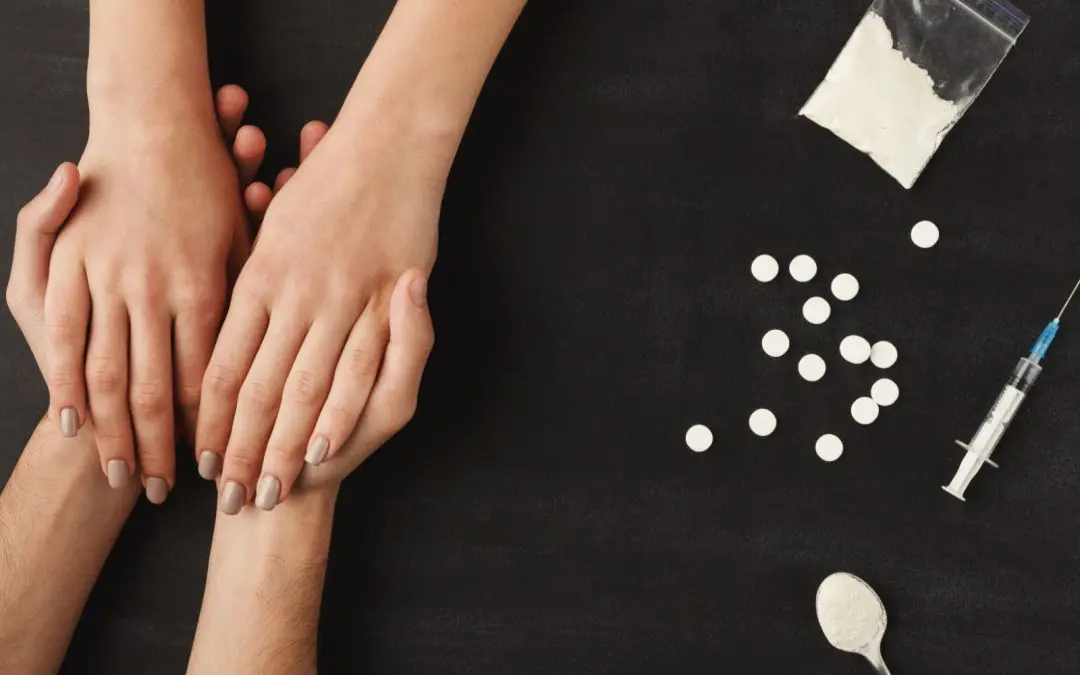24/7 Helpline:
(866) 899-221924/7 Helpline:
(866) 899-2219
Learn more about Heroin Rehab centers in Hawaiian Gardens
Heroin Rehab in Other Cities

Other Insurance Options

Health Choice

Group Health Incorporated

Coventry Health Care

GEHA

AllWell

Self-pay options

Covered California

Optima

Magellan Health

Ceridian

Oxford

UnitedHealth Group

PHCS Network

Lucent

Amerigroup

Aetna

Health Net
Beacon

EmblemHealth

Evernorth

Hawaiian Gardens Medical & Mental Health
Hawaiian Gardens Medical & Mental Health is a private rehab located in Hawaiian Gardens, CA. Hawaiia...











